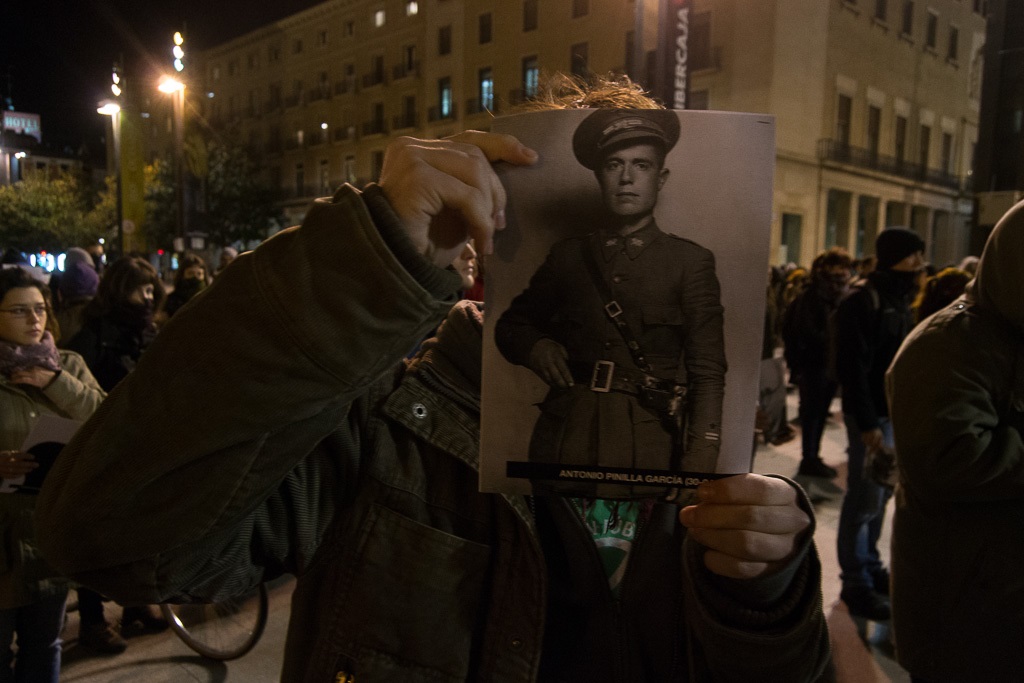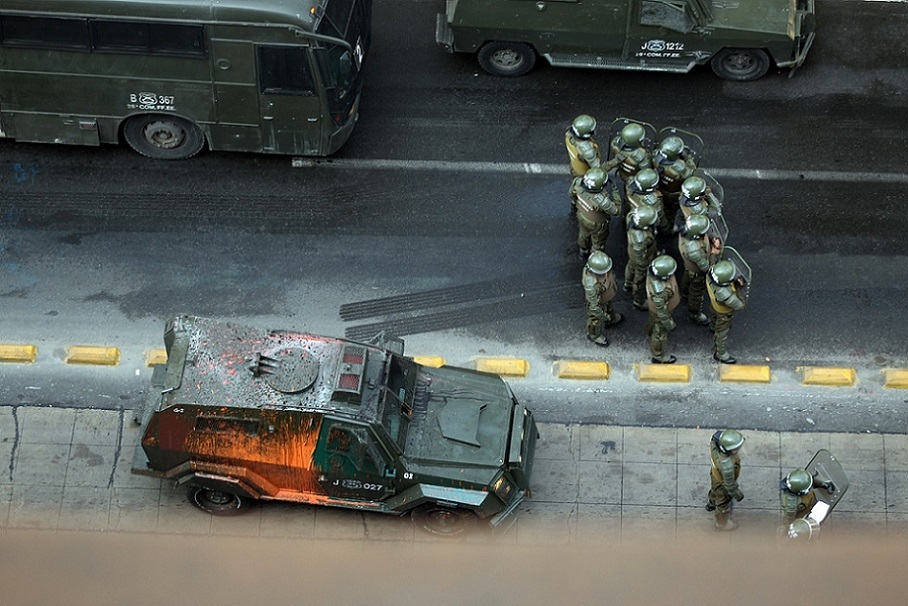The capital regime’s main objective in these moments of crisis is the growing exploitation of the labour force and the looting of common goods.
.

Julio C. Gambina
It is capital vs work. This explains the capital’s strong offensive against workers, their rights, forms of dispute, and social and union organisation. This is happening as well as the offensive against nature expressed by the appropriation of common goods and territories, especially in the Global South.
An offensive that manifests itself against the entire society through ideological manipulation and mediated by social networks and the media, plunging humanity into the logic of profit and capitalist accumulation. Getting out of the crisis is the challenge of the dominant classes and, to this end, they are consolidating the worrying trends towards inequality, war and militarisation; directing resources to unproductive purposes to the detriment of the satisfaction of the global population’s unmet needs.
Global military spending is increasing and the privatisation of social rights, such as healthcare and education, is expanding.
The IMF forecasts growth of 2.9% in 2024, lower than the post-pandemic records between 2021 and 2023, with “advanced economies” indicated at 1.4%. The USA would grow at 1.5%, Germany at 0.9% and the United Kingdom at 6%. The “emerging” countries would grow at 4%, with China at 4.2% and India at 6.3%. Latin America and the Caribbean have 2.3%, which makes it evident there are serious problems for the evolution of countries on the periphery of global capitalism.
 An alternative to crisis
An alternative to crisis
The global economy, capitalism, responded to the crisis of the 60s and 70s with the policy of economic liberalisation under the generic name of “neoliberalism”, because it tried to restore the logic originating from Political Economy (Adam Smith and followers in 1776) which laid the foundations of the capitalist order in universal expansion.
Karl Marx’s criticism (in “Capital”) founded anti-capitalist aspirations for another social order, without exploitation or looting, which inspired popular social movements from the International Workingmen’s Association (1864). The response to the perspective of “revolution” emerged under a new foundation with the neoclassical school, an approach from which Keynesianism emerged to try to resolve the overcoming of the 1930 crisis without falling into the perspective offered by the Russian revolution and socialism.
It is in this direction that, faced with the crisis of the 60s and 70s and under the State’s terrorist experiment in South America, “neoliberalism” arose, which has extended economic liberalisation since the 1980s and which has, since 2007/2009, entered into crisis and the search for new theoretical and political directions for the capitalist order. This explains the aggressive contemporary offensive.
 Given the slowdown of the economy and the limits to the growth of labour productivity, made explicit in the decreasing trend in the rate of profit, what operates is a worsening of exploitation and looting to increase the mass profit, made especially explicit by the military compound or healthcare pharmaceutical business, among many others
Given the slowdown of the economy and the limits to the growth of labour productivity, made explicit in the decreasing trend in the rate of profit, what operates is a worsening of exploitation and looting to increase the mass profit, made especially explicit by the military compound or healthcare pharmaceutical business, among many others
From Pinochet to Milei
The current dispute is about the subordination of labour forces to the logic of capital, which requires ideological, political and cultural “consensus,” so the centrality of world domination is in redefining the political forms of domination.
In that sense, just as in 1973, the Chilean dictatorship has become the neoliberal trial that later spread across the planet. The electoral victory of Javier Milei in Argentina in 2023 could be the experiment for a new test of economic liberalisation, moving away from any anti-capitalist perspective.
Contrary to other expressions of the extreme right (Bolsonaro, Trump, Meloni and Le Pen), Milei is not a “nationalist”, but rather a “liberal libertarian”, which is how he defines himself. His objective is to restore “market freedom” at any cost, disputing the consensus of society to the detriment of any capitalism-criticising project, refuted by the start of the collapse in Eastern Europe and the absence of an anti-capitalist global collective imagination.
 Fifty years after the coup in Chile and the “neoliberal” beginning, the dominant classes are re-assembling on a stage of threat to nature with violence (war and inequality), evidencing a criminal capitalism that subordinates humanity to the objective of profit and accumulation. PL
Fifty years after the coup in Chile and the “neoliberal” beginning, the dominant classes are re-assembling on a stage of threat to nature with violence (war and inequality), evidencing a criminal capitalism that subordinates humanity to the objective of profit and accumulation. PL
(Translated by Donna Davison. Email: donna_davison@hotmail.com) – Photos: Pixabay












.jpg)












